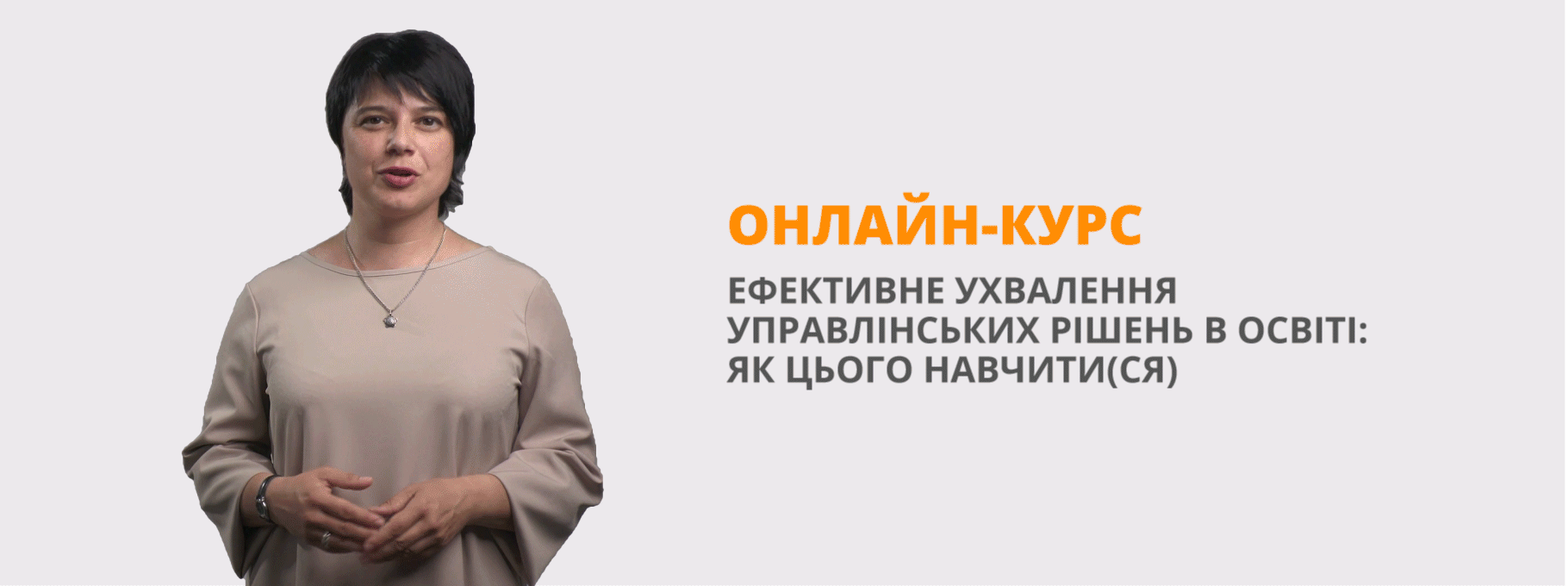Урок з англійської мови "Tidy Up"
Конспект уроку з англійської мови на тему "Порядок у кімнаті" за підручником Family and Friends. Зміст уроку направлений на засвоєння лексичного матеріалу, використання його на практиці в ході роботи з діалогами.
Tidy Up
Lesson objectives
To identify bedroom objects
To understand a short story
Language
Core: rug, bed, cupboard, shelf, pillow, blanket
Extra: tidy up, tidy (adj), room
Materials
Story poster; My bedroom flashcards
Procedure
Organizational moment. Greeting the children
- Good morning, children! Nice to see you again!
- Turn to each other, touch your hands and try to say some pleasant words
Warmer
1
- What's the weather like today?
- Is it cold or is it sunny?
- Can we go outside to play?
2
- Help this boy and this girl chose some clothes to go for a walk (dress , socks , T-shirt , trousers , shorts , shoes , coat , hat )
- How do you think where do they live – in a house or in a flat?
- What rooms are in the house (flat)?
- Lets watch the video.
3
- Today's story is about keeping your bedroom tidy.
- What's in your bedroom? (pen rubber pencil ruler book bag door window toys doll ball teddy puzzle car kite bike train …)
- Is it tidy or messy?
Lead-in
• Use flashcards123-128 to elicit the vocabulary for this lesson. Hold them up one at a time and ask What's this?
Model any words that children don't know. If you have any cupboards or shelves in the classroom, use these to demonstrate the new words.
• Hold the flashcards up in a different order and repeat.
Break
- OK, let's have a break.
Listen, point and repeat.
- Open your Class Books and look at the pictures of the different bedroom objects.
- Listen and point.
Play the first part of the recording for children to listen and point to the appropriate picture.
Play the second part of the recording for children to repeat.
- Listen and repeat.
Play the recording all the way through again for children to listen and point and then repeat the words in chorus.
Put the flashcards on the board.
Point to the different bedroom objects for individual children to say the words aloud.
Transcript
- Listen and point.
rug, bed, cupboard, shelf, pillow, blanket
blanket, bed, cupboard, shelf, pillow, rug
- Listen and repeat.
rug, bed, cupboard, shelf, pillow, blanket
2 Listen and chant.
• Play the recording for children to listen to the chant.
• Play the chant a second time for children to say the words.
Repeat (more than once if necessary).
This time they can point to the correct flashcard or item in the classroom when they hear it.
Transcript
rug, rug, rug
bed, bed, bed
cupboard, cupboard, cupboard
shelf, shelf, shelf
pillow, pillow, pillow
blanket, blanket, blanket
3 Listen and read.
• Use Story poster to present the story.
- Where are Rosy and Grandma? Where's Billy? What rooms can you see?
- Name as many toys, clothes, and bedroom objects as you can.
• Talk about each frame with the class.
Ask What's happening? Encourage predictions from different members of the class.
• Ask children to look at the poster while you play the recording for them to listen. Point to each speech bubble in turn as you hear the text.
- Ask comprehension questions, e.g.
- Is Rosy's room tidy?
- What does Rosy do?
- Is the flat tidy?
- Why is the kitchen messy?
- Ask children to open their Class Books. Tell them to listen and follow the words in the story as you play the recording again
- • Ask children to find and point to the words from Exercise 1 that appear in the story.
Optional activity
• Draw a large rectangle on the papers. It is a bedroom.
Draw the different things in the rectangle (use new words)
Summarising of the lesson. Reflection.
Our lesson is coming to the end. Let’s make the conclusion of our work. Was the lesson interesting to you? Why?
The teacher gives each pupil a postcard with gratitude for the work at the lesson.
- So, the lesson is over. Good bye!


про публікацію авторської розробки
Додати розробку
